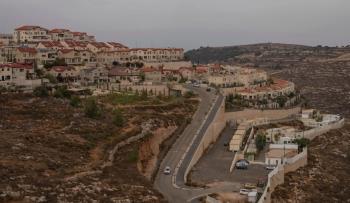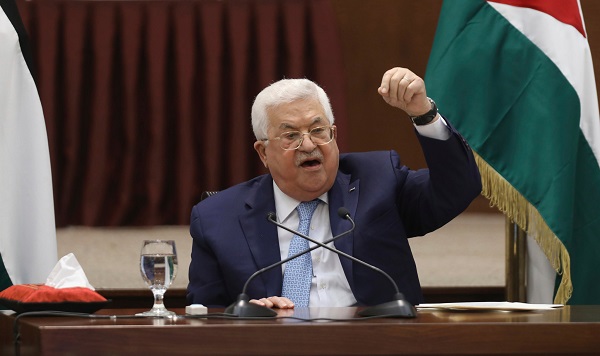Alwaght- The rivalry among the Palestinian factions intensifies as they move closer to the parliamentary and presidential elections scheduled for this year.
The election atmosphere is covering the country for the first time after 15 years and now a few months ahead of the general elections, the political factions engage in the electoral activities.
Meanwhile, a new law approved by the Fatah-dominated Palestinian Authority on the activities of the Non-Governmental Organizations (NGOs) in the Palestinian territories has stirred a big political controversy. Protesting the law, some parties, movements, and organizations called it an arrangement by Fatah to “engineer” the elections.
What does the new law say?
The Palestinian Authority's new resolution obliges civil society organizations to submit to the Authority the annual action plan and budget for the new fiscal year. The controversial bill also stipulates that staff salaries and running costs of civil society organizations cannot exceed 25% of their annual budget.
The executive order allows the Palestinian Authority to expand its control over Palestinian civil society organizations and turn them into government-controlled entities.
In other words, the NGOs would be treated and considered government institutions that have to respond and report to the government.
What do the opponents say?
Critics describe the resolution “an attack on public freedoms” ahead of the Palestinian general election. They also argue that it would undermine professionalism, as well as the independence and freedom of civil activity, including the inspectional watching of the government and officials’ performance.
A number of Palestinian organizations in a joint statement asserted that the new law means that the NGOs would work for the ministries and not comply with their own outlooks, missions, goals, and programs.
"This means that the executive officials will control the budgets of the groups, how they are distributed, their ceilings in the total budget and the amount of expenses," their statement said, adding: "The result will be that civil work will be more like contracts and commercial projects.”
In addition, the resolution, which would authorize the government to issue regulations on funding conditions and open its hands to dissolve the critical NGOs and those leaning to the political rivals.
These organizations have complained that this resolution is issued within the framework of several secret laws in the middle of the most critical conditions of the political legitimacy of the Palestinian political system.
The critics argue that President Mahmoud Abbas of the Palestinian Authority has no right to introduce such laws on the threshold of the parliamentary elections. The parliament, or Legislative Council, is the only body with authority to approve laws.
Opposition groups said it is contrary to the agreements reached last month in Cairo between Fatah, Hamas and other Palestinian factions to strengthen civil liberties in the run-up to parliamentary and presidential elections, scheduled for May 22 and July 31 respectively.
Hazem Qassem, Hamas spokesman, said that the law is part of the Palestinian Authority leadership’s efforts to exercise tight control over the political system.
Islamic Jihad also lashed out at the new arrangement for the NGOs, saying that it would give the Authority more instruments to strip public freedoms and impose restrictions on the civil society groups.
Serving the Israeli interests
The move by the Abbas-led institution comes as the Israeli regime has always sought controlling the financial and funding networks of the resistant Palestinian groups and also restricting the media activities that disclose to the world public opinion Tel Aviv’s crimes and also cultural activities of the NGOs against the Israeli occupation in West Bank.
The new resolution comes at a time the Palestinian civil society organizations are involved in an anti-Israeli occupation campaign, especially after the Israeli Prime Minister Benjamin Netanyahu unveiled his plan to annex the West Bank to the other occupied territories. It also comes as the Israelis are afraid of rise of a new peaceful protest fashion, taking cue from “March of Return” rallies on the border with Gaza. The protest rallies, started in 2018 and continued through to 2019, were a fruit of NGOs’ activities and arrangements. The Israeli government constantly targets Palestinian organizations’ financial sources using so-called counterterrorism laws.
The article 3 of the new NGO law sets the ceiling of the employee payments and operational expenses at 25 percent of their total annual budget. This cap will lead to closure of a majority of the NGOs and job loss situations affecting hundreds of people in these organizations.



























